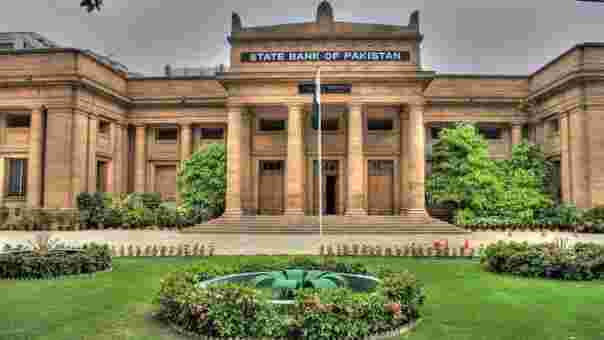Karachi, January 31, 2025 – Jameel Ahmad, Governor of the State Bank of Pakistan (SBP), has called on banks to increase their rural presence by opening more branches dedicated to agricultural financing, as part of efforts to boost the agriculture sector in the country. His directive comes as part of the broader goals set by the SBP to address the challenges faced by Pakistan’s agriculture industry and ensure its long-term growth.
The SBP convened a significant meeting of the Agricultural Credit Advisory Committee (ACAC) in Multan, focusing on the central role of agriculture in Pakistan’s economy. In his keynote address, Governor Ahmad emphasized the agriculture sector’s crucial contributions to food security, rural employment, and its interconnectedness with the industrial and services sectors. Despite the sector’s importance, he acknowledged persistent challenges, including low productivity, the adverse effects of climate change, and limited financial inclusion.
Governor Ahmad pointed out that while the agriculture sector had shown impressive growth in FY24, it faced a slowdown in Q1-FY25, with agricultural growth dropping to 1.2% from 8.1% in the previous year. This decline contributed to a slower overall GDP growth of 0.9%, compared to 2.3% in Q1-FY24. The Governor attributed this to factors like a modest wheat crop and stressed the need for resilience and innovation to sustain growth in the sector. However, the credit disbursement during FY24 reached a record Rs. 2,216 billion, marking a 25% increase from the previous year. For FY25, the first half saw Rs. 1,266 billion disbursed, and the number of borrowers rose to 2.86 million. Despite these positive signs, the Governor urged banks to prioritize expanding their reach, particularly in underserved rural areas, to enhance small borrower access.
To address these challenges, the Governor called on financial institutions to fully implement their Agricultural Credit Expansion Plans, invest in technology, and work closely with government bodies, fintech companies, and microfinance institutions to deliver digital solutions tailored to small farmers. These measures are intended to create a more robust ecosystem for agricultural financing.
Governor Ahmad also outlined three key focus areas for the future. First, addressing climate change by adopting climate-smart agricultural practices, which include green financing and farmer training. Second, leveraging modern technology, such as geo-spatial tools, to optimize resource management and reduce risks in agriculture. Third, focusing on the livestock sector, which contributes significantly to GDP and exports, offering substantial potential for diversifying income streams. By adopting advanced techniques in breeding, diet, and waste management, Pakistan’s agriculture sector can become more sustainable while contributing to climate goals.
During the meeting, Governor Ahmad addressed the unique challenges faced by farmers in Balochistan and pledged to convene a meeting with stakeholders to address agricultural credit bottlenecks in the region. The session on climate-smart agriculture highlighted the potential of geo-spatial technologies and the Climate Resilience Fund, a World Bank initiative, to support microfinance banks in adapting to climate challenges.
In his concluding remarks, Governor Ahmad emphasized that Pakistan’s agriculture sector holds immense untapped potential. He called for collective efforts to expand financial access, foster innovation, and tackle climate change to make agriculture a more resilient and competitive driver of economic growth. The ACAC meeting, attended by key stakeholders from various sectors, remains a crucial platform for addressing the evolving needs of the agriculture industry.
